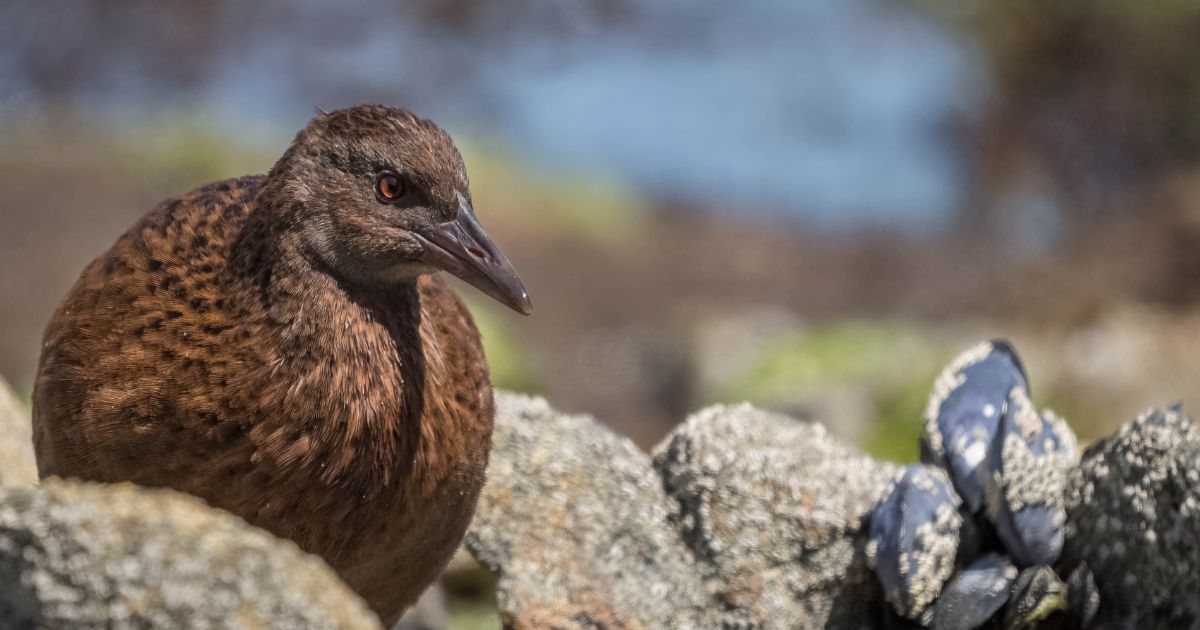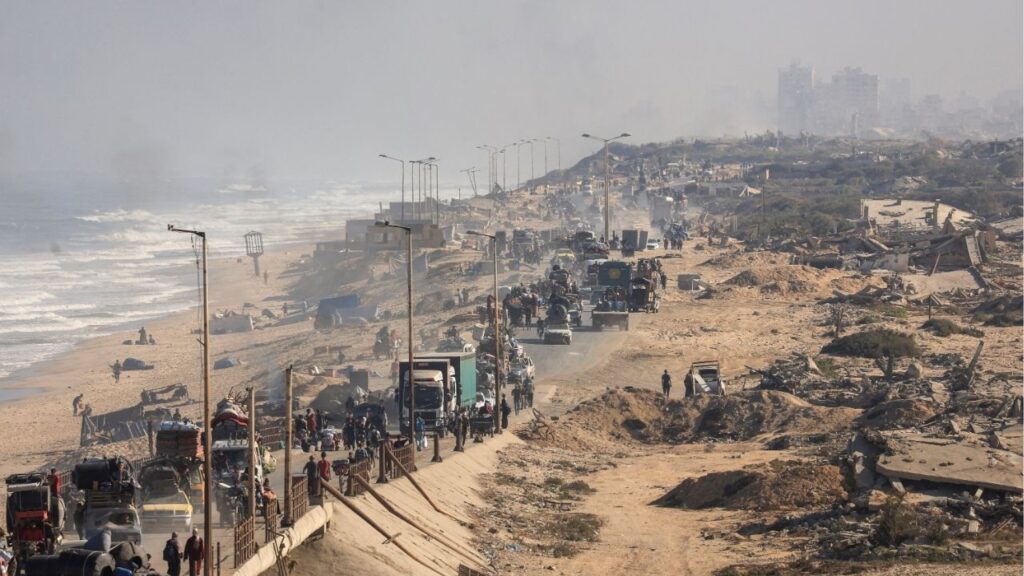During the filming of “Race to Survive: New Zealand,” a contestant killed and ate a protected bird, prompting New Zealand officials to issue warnings to the show’s producers for violating conservation rules. (Shutterstock)

- Contestants on “Race to Survive: New Zealand” faced hunger and had to forage and hunt for their own food while navigating tough terrain.
- A contestant killed and ate a protected weka bird, leading to warnings issued to the show’s producers by New Zealand officials.
- The show’s producers had received a permit with conditions prohibiting the harvesting of protected species, but the incident violated these rules.
Share
|
Getting your Trinity Audio player ready...
|
Hunger was part of the challenge for contestants on the reality television show “Race to Survive: New Zealand.” As nine teams trekked, climbed and paddled their way through some of the country’s harshest terrain, they also had to forage and hunt for their own food.
New Zealand Issues Warning
New Zealand officials have now issued warnings to the show’s producers, they said, after one contestant killed and ate a bird from a protected species during filming last October.
The weka, a flightless bird known for its bold curiosity, is endemic to New Zealand and is considered vulnerable by the International Union for Conservation of Nature, which evaluates threatened species. They often roam around campsites and picnic areas and will sometimes steal crops, food and other small objects.
The show, which began airing its second season on USA Network in May, follows nine pairs of adventurers, survivalists and athletes as they navigate around New Zealand’s South Island to compete for a $500,000 prize.
The teams are allowed to bring only what they can carry, and the slowest to reach each camp is eliminated. They are not given food but can take detours to find food caches left for them on the island.
Two contestants, Spencer Jones and Oliver Dev, were disqualified in the eighth episode. Producers appeared after they completed a leg and said that they broke a rule.
“I made a mistake. It was shortsighted, it was foolish,” Jones, who went by Corry, said in footage from the show. He had prepared for the racing but not for the hunger, he said. “Survival in the bush of New Zealand is not easy.”
Jones Was in the ‘Mindset of Starvation Mode’
Jones said that there had been “creatures running around camp that we’re not allowed to eat,” and that he had been in a “mindset of starvation mode.”
“I knew it was breaking a rule,” he said. “What I did disrespected New Zealand, and I’m sorry.” Attempts to reach Jones on Tuesday were not immediately successful.
New Zealand’s Department of Conservation said in a statement released Monday that it was aware that “cast members were fatigued and suffering from significant hunger, in an unusual group dynamic situation.” Still, it added, “killing and eating a native protected species in this matter is unacceptable.”
Original Productions, the production company behind the show, did not immediately respond to a request for comment. In a June interview with the website Decider, the show’s executive producer, Jeff Conroy, said that they had decided to not provide the contestants with food, to give people who were “better at survival” an advantage. “We really wanted the experience to be as real as possible,” he said.
A representative for the production company alerted officials to the incident soon after it took place, Dylan Swain, a spokesperson at the Department of Conservation, said in a statement. Producers of the show had received a permit to film on public conservation land, he said, which had laid out “clear conditions stating protected species and plants could not be harvested or consumed.”
After an investigation, Swain said that the department ultimately sent written warnings to the production company and the contestant. According to its site, the penalty for killing protected wildlife could run up to two years in prison or a fine up to 100,000 New Zealand dollars, or nearly $60,000.
–
This article originally appeared in The New York Times.
By Isabella Kwai
c.2024 The New York Times Company
RELATED TOPICS:
Categories


















